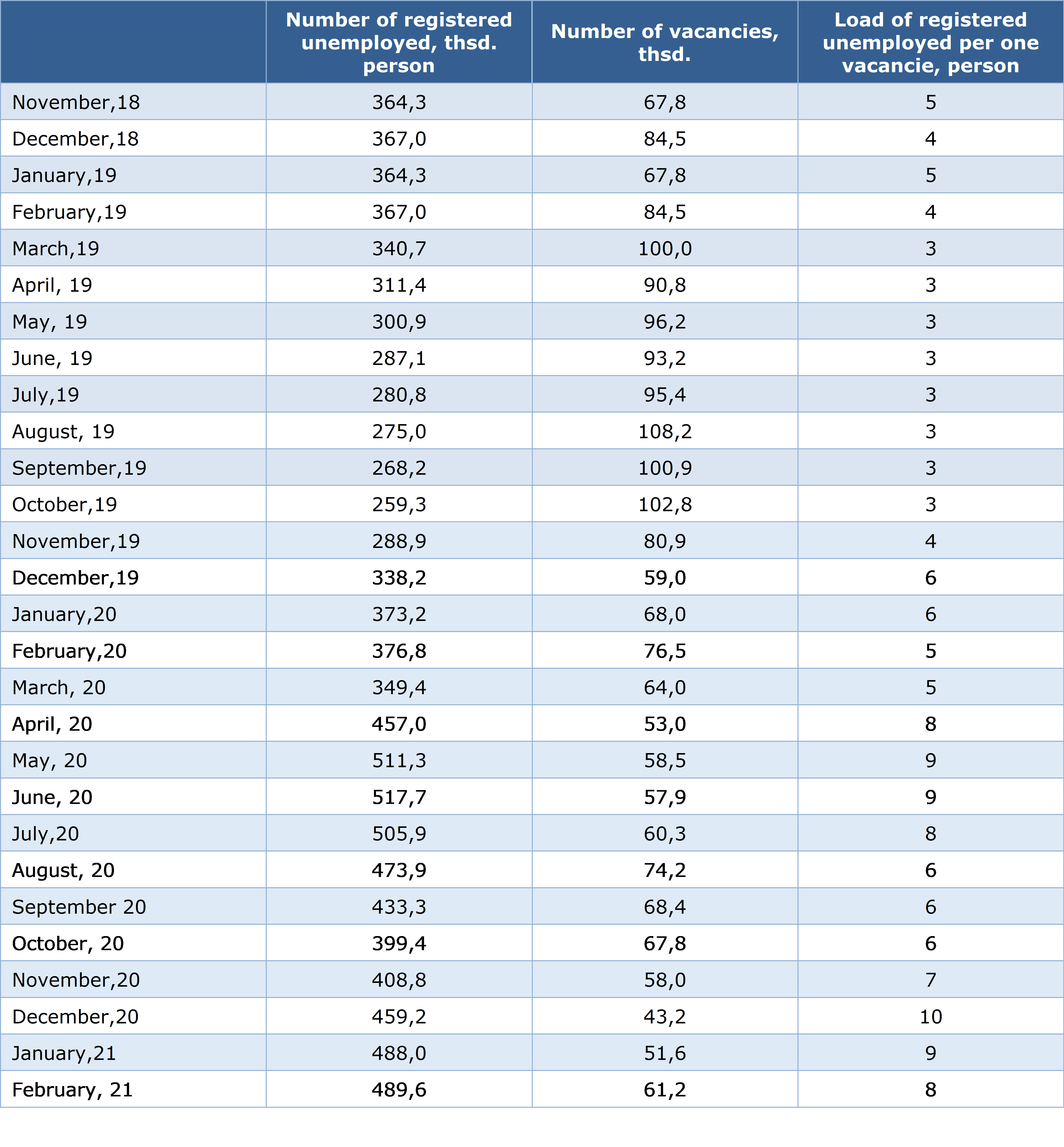
The introduction of COVID-19 vaccination passports in Ukraine is supported by just over a quarter (27%) of citizens, and not supported by a third (34%), according to a survey by Research & Branding Group conducted on April 23-30.
At the same time, another 30% of the country’s residents are indifferent to the introduction of “vaccination passports” and 9% have not decided.
The highest level of support for the introduction of a “vaccination passport” is noted among residents of the western region and young people under 30, and the lowest – among residents of the southern region and the age group over 60, among whom are most of those who are indifferent to the issue.
At the same time, 44% of Ukrainians consider the use of a “vaccination passport” for travel abroad justified, while 4% and 3% of respondents consider the use of a “vaccination passport” for public events and trips in Ukraine justified, respectively. At the same time, 16% of Ukrainians justify the use of a “vaccination passport” in all aspects of everyday life, and 3% consider it completely unnecessary.
Most of those who consider it justified to use a “vaccination passport” primarily for foreign travel are among residents of regional centers, and least of all – among representatives of the age of 60 and over and rural residents. In comparison, residents of the eastern region are more likely to consider the “vaccination passport” for travel across Ukraine to be justified. The majority of 50-year-old Ukrainians advocate the use of the “vaccination passport” in all aspects of everyday life.
The survey was conducted by the method of personal formalized interview (face-to-face) among 1,804 respondents over 18 years old in all regions controlled by the government. The sample represents the population of Ukraine by gender, age, type of settlement and region of residence. The maximum error does not exceed 2.4%.
NUMBER OF REGISTERED UNEMPLOYED IN UKRAINE IN 2018-2021


Ukraine expects the European Union to revise its Neighborhood Policy, and that this revision will affect all the countries of Eastern Europe, said Olha Stefanyshyna, Deputy Prime Minister of Ukraine for European and Euro-Atlantic Integration.
“We expect that in 2022 the European Union will start revising the Neighborhood Policy, and this revision will affect all Eastern European countries; that a specific new format of cooperation will be developed for Georgia, Ukraine and Moldova, countries aspiring to membership [in the EU]. And we expect that by 2027, when Lithuania assumes the presidency of the EU Council, it will be possible to come up with specific political decisions,” she said during an online discussion of Kyiv Forum, founded by the Arseniy Yatsenyuk Foundation entitled “Discover Ukraine.”
Stefanyshyna noted that Ukraine positively assesses the current situation of relations with the EU. “At the same time, we believe that the time has come to start revising the Neighborhood Policy. We hope that this work will begin in 2022. And I know that many in European capitals are ready to join this work, and Ukraine will be able to get the prospect of membership [in EU],” she stressed.
At the same time, she noted that “there is really fatigue from expansion, and we feel it in our capitals.”

The U.S. engineering, construction and design company Bechtel Corporation is interested in entering the Ukrainian market for the construction of roads and other more complex infrastructure facilities, Ukrainian Ambassador to the United States Oksana Markarova said.
“I had the honor to speak at the Ukraine Invest round table on the importance of Ukraine’s active competition for investments, attracting U.S. investors to Ukraine and common American-Ukrainian projects in important industries for us, where out team immediately held a meeting with Stuart Jones, President of Regional and Corporate Relations of Bechtel Corporation, the U.S. engineering/construction/design company with revenues of $17.6 billion that implements infrastructure projects around the world and has an interest in entering the Ukrainian market for the construction of roads and other more complex infrastructure facilities,” Markarova wrote on Facebook on Friday.
She assured that the Ukrainian Embassy in the United States will actively work with Prime Minister of Ukraine Denys Shmyhal, President Volodymyr Zelensky’s Office, Ukravtodor and the Ministry of Infrastructure of Ukraine, as well as IFIs and U.S. financial institutions, in order to turn this interest into new projects, investments and jobs for Ukraine.